
Ukrainian President Volodymyr Zelensky signed two decrees on the implementation of decisions by the National Security and Defense Council of Ukraine regarding the application of personal special economic and other restrictive measures, his press service reported.
“Russia is trying to drag out the war, expanding its attempts to justify its aggression and ‘normalize’ the occupation of Ukrainian territories. Russia has also recently made a demonstrative political decision to impose ‘sanctions’ against Ukrainian officials, in particular against the Prime Minister of Ukraine. Such behaviour by Russia deserves much greater pressure from the world and an expansion of the scope of this pressure,” the president said.
The first decree introduces sanctions against eight individuals who are participants in crimes against Ukraine and Ukrainians, have appropriated property in the agricultural sector, grain crops, cultural heritage sites, conduct information operations against our state, and implement Russian educational standards with anti-Ukrainian narratives in the temporarily occupied territories of Ukraine.
From now on, Russian officials, an FSB agent involved in information sabotage, a representative of the Russian General Staff’s information management department, as well as Kirill Dmitriev, a financier close to the Russian president who is involved in attracting Russian investments to key sectors of foreign economies, and individuals who justify the Russian Federation’s armed aggression are subject to sanctions.
The head of state stressed that Ukraine will submit our proposals for new sanctions to the relevant partners.
The second decree introduces sanctions against five legal entities – Russian publishing houses that work to justify aggression, spread Russian propaganda around the world, and instill anti-Ukrainian sentiments in the temporarily occupied territories of Donetsk, Luhansk, Zaporizhzhia, and Kherson regions.
“We will work to ensure that these publishers cannot participate in international book fairs and that their products are removed from online sales platforms around the world,” said Vladislav Vlasyuk, the president’s adviser on sanctions policy.
decree, RUSSIAN FEDERATION, SANCTION, ZELENSKY, Кирилл Дмитриев
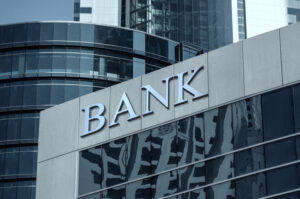
As part of its 19th package of sanctions, the European Union will impose a ban on transactions with five Russian credit institutions from November 12: Alfa Bank, MTS Bank, Absolut Bank, Zemsky Bank, and NKO Istina, according to an EU statement.
In addition, Belarusian Alfa Bank, Sberbank, VTB, Belgazprombank, BelVEB, as well as VTB’s subsidiary in Kazakhstan and VTB’s branch in Shanghai have been added to the EU sanctions list.
BAN, BANK, BELARUS, EUROPEAN UNION, RUSSIAN FEDERATION, SANCTION, TRANSACTION
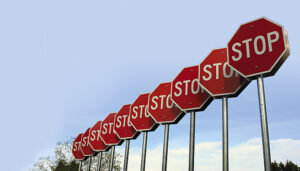
More than 15% of sanctioned companies will be under restrictions for life
184 companies in Ukraine are currently under NSDC sanctions, according to the National Security and Defense Council of Ukraine. Most of these businesses are located in Kyiv, Odesa, and Lviv. Most often, these companies are engaged in wholesale trade, except for the trade in motor vehicles and motorcycles.
Most of the companies appeared on the sanctions list after a series of updates in 2024. So this year, the number of such businesses has almost tripled: by 119 companies. By contrast, the fewest companies were added to the sanctions list in 2023 – only 10 (5.4%).
Every second company in the total number will be under sanctions until 2027. Another 19.4%, or 36 businesses, will be released from the restrictions no earlier than 2034. The sanctions are in place for an indefinite period of time, with 15.1% or 28 companies.
The majority of these businesses are wholesale trade, except for trade in motor vehicles and motorcycles – 61 companies (33.2%). Another 10.3% are engaged in specialized construction work – 19 companies.
Film production and construction of buildings are in the top three, with 7 companies or 3.8% each.
Most businesses under sanctions are located in Kyiv – 102 in total. There are significantly fewer companies in Odesa region – 17 or 9.2%. Lviv region is also among the leaders in terms of the number of companies – 13 or 7.1%.
Among the sanctioned companies, the top three in terms of revenue in 2023 are as follows:
The sanctions list can only be left if the President of Ukraine signs the relevant decision of the National Security and Defense Council or if the sanctions against the company have expired and have not been renewed. The most profitable businesses that have already left the sanctions list are:
Detailed information about the companies under the NSDC sanctions can be found in the special register of the Openatabot. The relevant information will also be available in the regular company card on our website.
https://opendatabot.ua/analytics/rnbo-companies
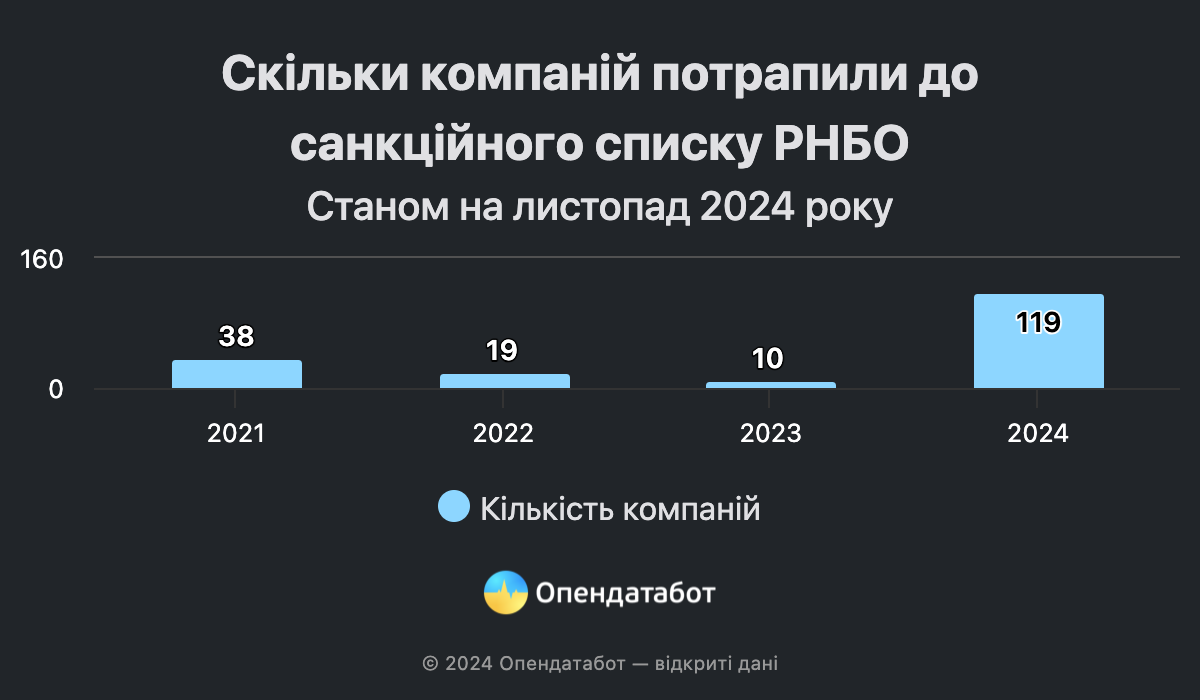

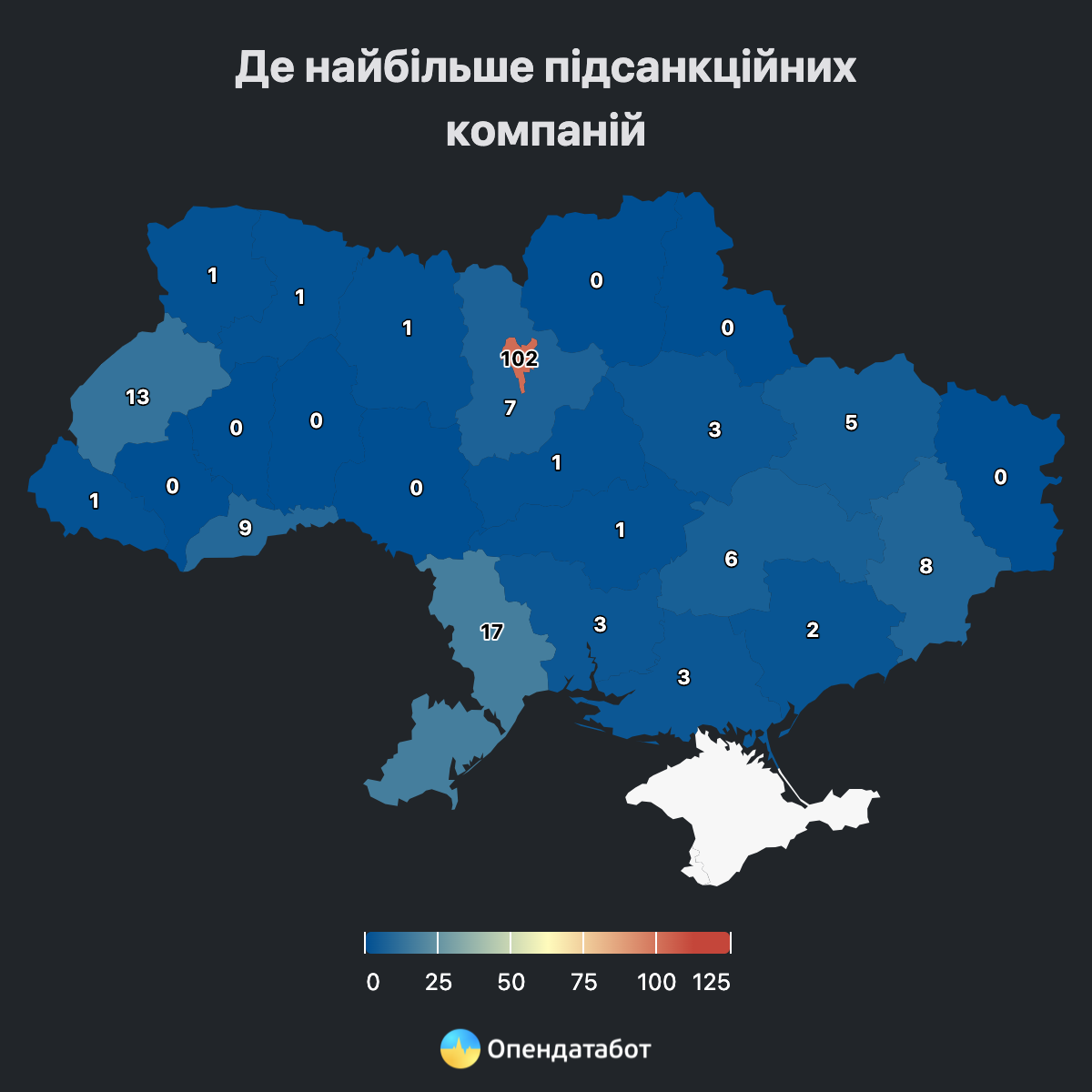
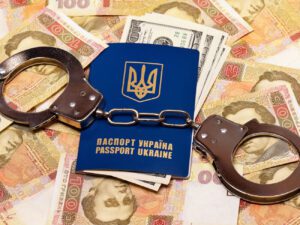
Two citizens of Ukraine and one citizen of Germany, as well as 24 companies associated with them, have added to the sanctions list of smugglers of the National Security and Defense Council of Ukraine (NSDC), council’s Secretary Oleksiy Danilov has said.
“At one time we started to work with that category of people who are popularly called smugglers. Not all of them were included in the preliminary lists. These lists were supplemented. This time, the list was formed not by the State Security Service of Ukraine, but by the Ministry of Internal Affairs, headed by Minister Denys Monastyrsky,” Danilov said at a briefing following the NSDC meeting on Friday evening.
According to him, the list includes three individuals: a German citizen born in 1986, Alexander Akst, citizen of Ukraine, born in 1974 Valeriy Falkovsky, as well as a citizen of Ukraine, born in 1984, Vladyslav Studenets. “In addition, some 24 companies affiliated with these gentlemen were also included in this list,” the NSDC secretary said.
He said the NSDC does not intend to stop its work to combat smugglers. “We will track them, and whoever will continue to deal with this shameful case, he will fall under the sanctions of the National Security and Defense Council,” Danilov said.